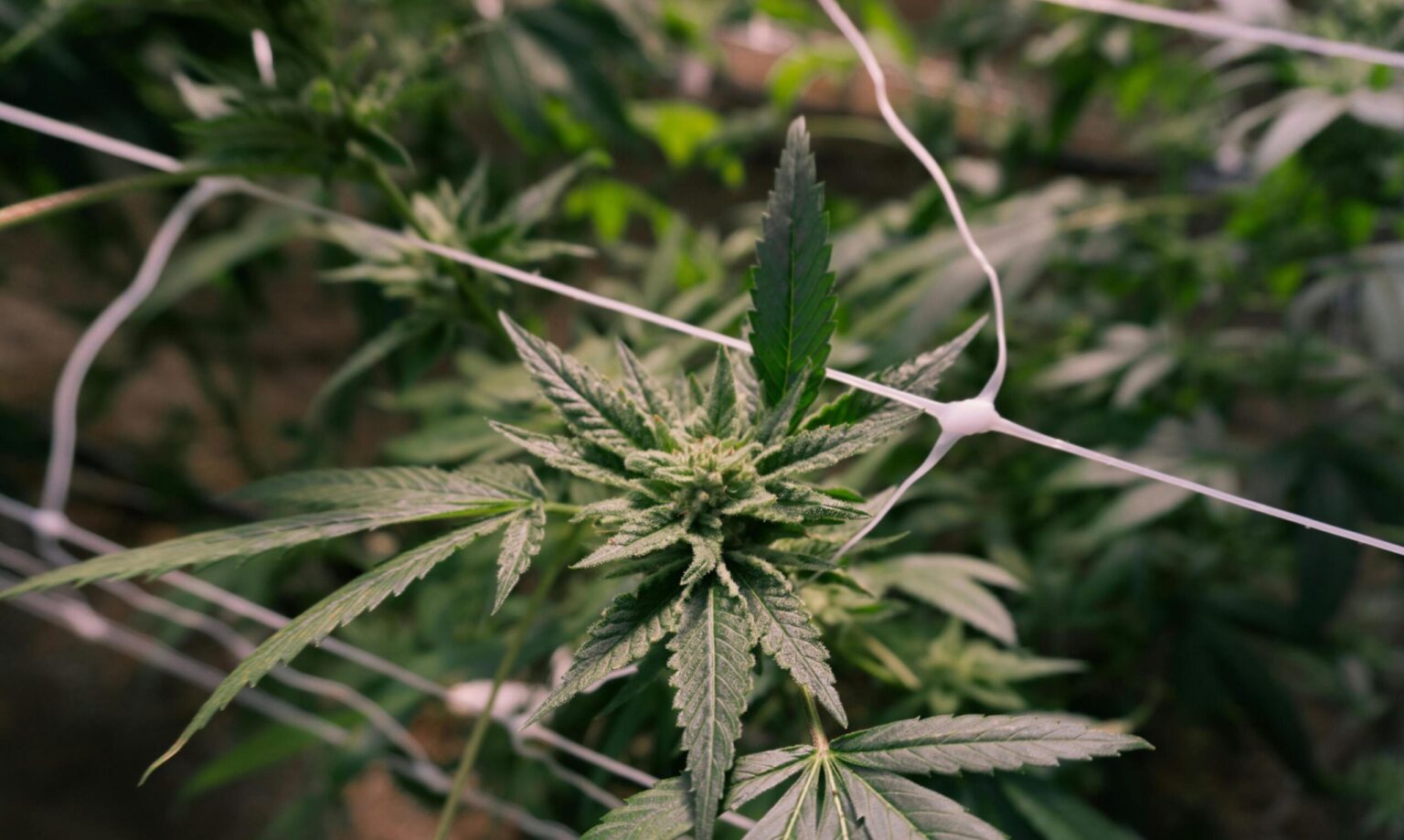**Georgia’s Harsher Marijuana Laws: A Concerning Shift**
In a move that has raised eyebrows among critics, the Georgian Dream parliament in Georgia has approved amendments to the country’s Criminal Code, making it punishable by up to six years in prison for possessing as little as five grams of dried marijuana. This significant increase in penalties comes on top of changes to the Criminal Procedure Code, which have allowed witnesses involved in covert investigations to remain anonymous.
**A Step Too Far?**
The new laws are a far cry from the relatively lenient approach that Georgia had adopted towards marijuana possession. Critics argue that these stricter measures are less about tackling drug use and more about providing a means for the government to plant evidence on its opponents. Lawyer Saba Brachveli has expressed her concerns, stating that these changes are not aimed at tightening up drug policy but rather preparing the system for mass drug planting.
**The Consequences of These Changes**
Under the new rules, possessing larger amounts of marijuana – up to 70 grams – can result in five to eight years behind bars. For particularly large quantities, defined as up to 250 grams of dried marijuana, the sentence can reach a staggering 20 years or even life imprisonment. The amendments also remove a clause that had previously excluded marijuana and cannabis from provisions related to manufacturing, production, transportation, or distribution.
**A Blow to Transparency**
The changes have sparked fears among civil society groups and opposition parties. The removal of witness anonymity has raised concerns about the government’s ability to fabricate cases against its critics. Journalists and defenders alike are worried that this new law will make it increasingly difficult for them to investigate and prove innocence in cases where they might be targeted.
**A Broader Agenda**
These changes come as part of Georgian Dream’s broader effort to tighten its grip on the country’s drug policy. The parliament has also banned private entities from carrying out opioid replacement therapies and importing psychotropic drugs into the country, further solidifying its stance against what it sees as illicit activities.
Read More @ civil.ge












